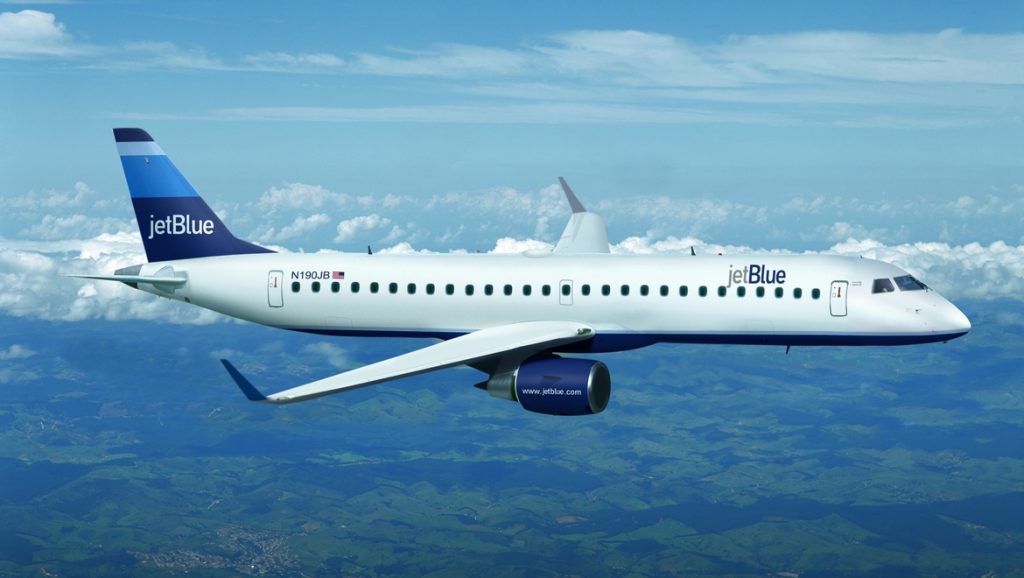
Spirit Airlines has rejected JetBlue’s offer to buy the carrier over fears regulators will not approve the deal, now clearing the way for its merger with Frontier Airlines.
The ultra-low-cost carrier dismissed the US$3.6 billion offer as its board of directors determined it “does not constitute a superior proposal”, and its pending transaction with Frontier will deliver better value for shareholders and customers.
Spirit also said it does not believe the offer would be approved by regulators due to JetBlue’s controversial Northeast Alliance (NEA) with American Airlines, which has been publicly opposed and labelled as anticompetitive.
In February, ultra-low-cost airlines Frontier and Spirit announced they were joining forces to compete against the “big four”, including American Airlines, United Airlines, Southwest Airlines and Delta Air Lines.
But in April, JetBlue announced it was competing against Frontier with a “superior” deal, and despite the merger between Spirit and Frontier making more sense to industry analysts, such as their similar low-cost ambitions and regional routes, JetBlue has the potential to strengthen Spirit’s foothold in Florida.
However, in a 2 May letter to JetBlue, Spirit said the proposal “falls short” of the standard that the offer would be reasonably approved.
“After a thorough review and extensive dialogue with JetBlue, the board determined that the JetBlue proposal involves an unacceptable level of closing risk that would be assumed by Spirit stockholders,” Mac Gardner, chairman of board of directors for Spirit Airlines said in a statement on Monday.
“We believe that our pending merger with Frontier will start an exciting new chapter for Spirit and will deliver many benefits to Spirit shareholders, team members and guests.”
Spirit said that the company struggles to understand how JetBlue will be “allowed to form an anticompetitive alliance [the NEA] that aligns its interests with a legacy carrier and then undertake an acquisition that will eliminate the largest ULCC [ultra-low-cost] carrier.”
Further, Spirit believes the Department of Justice and a court will be “very concerned” that converting its aircraft to JetBlue’s configuration would result in “significantly diminished capacity” and “higher prices for consumers”.
The news comes just under a month after Spirit confirmed it was considering JetBlue’s offer on 7 April.
In response to Spirit’s letter on Monday, JetBlue said it would offer a revised proposal, claiming it would divest Spirit’s assets in New York and Boston, which are two markets that regulators have been concerned about in their lawsuit against the NEA, The New York Times said.
New York-based JetBlue also said in its higher offer, it would provide a US$200 million reverse breakup fee – or US$1.80 per Spirit share – that would be payable to Spirit in the event that the transaction is not approved for antitrust reasons.
But Spirit claimed that “even a high reverse termination fee will not fully compensate Spirit stockholders for the likely significant business erosion Spirit will face during what will be a protracted approval process”.




